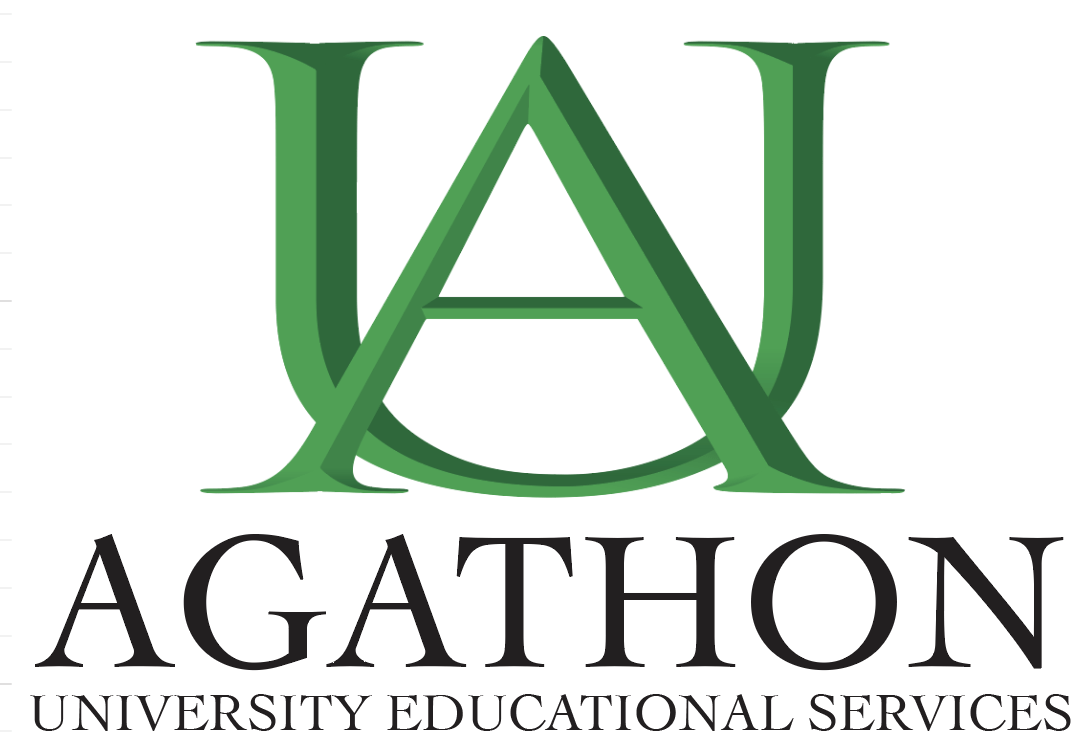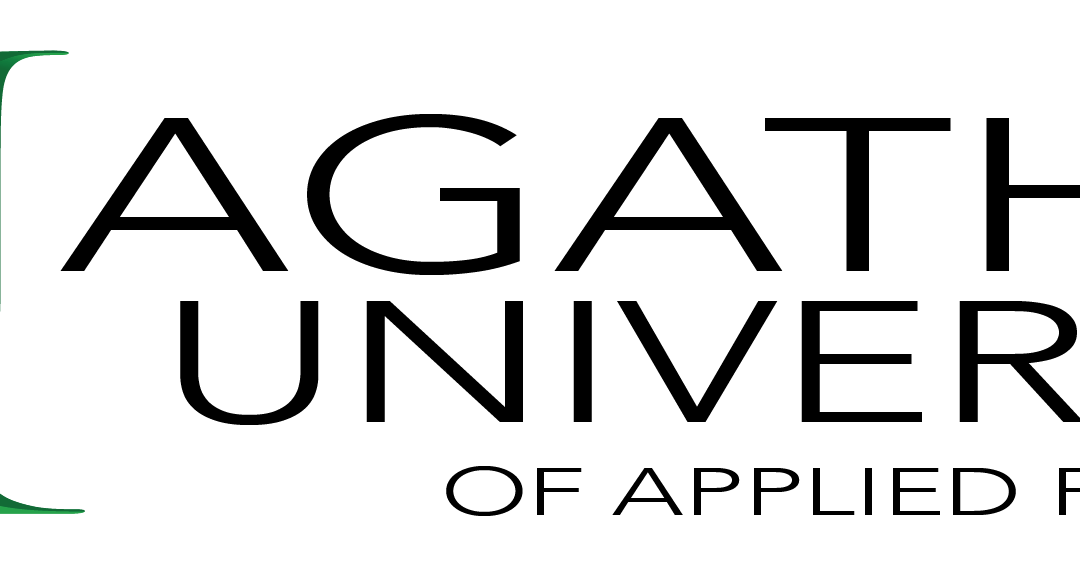Course Description: PHIL7101 Comparative Worldview and Systems of Interdisciplinary Thought is an advanced comparison of worldview components and interdisciplinary applications and implications.
Course Syllabus / PHIL7101 Comparative Worldview and Systems of Interdisciplinary Thought
Christopher Cone, Th.D, Ph.D, Ph.D
Research Professor of Transformative Learning and Leadership
ccone@agathonedu.com (availability on request)
I. VYRSITY PROFESSOR(S) BIO
Christopher Cone, Th.D, Ph.D, Ph.D, serves as President and CEO of AgathonEDU Educational Group and leads Vyrsity and Colorado Biblical University. Cone has served as a President (Calvary University, Tyndale Theological Seminary), a Chief Academic Officer (Southern California Seminary), and as a Research Professor (Vyrsity, Colorado Biblical University, Calvary University, Southern California Seminary). He has served in several pastoral roles and has also held teaching positions at the University of North Texas, North Central Texas College, and Southern Bible Institute. His articles are published at www.drcone.com, and he is the author and general editor of more than fifteen books.
II. COURSE DESCRIPTION
PHIL7101 Comparative Worldview and Systems of Interdisciplinary Thought is an advanced comparison of worldview components and interdisciplinary applications and implications.
III. COURSE SUMMARY
This course challenges Learners to wrestle with the concept of worldview and how disciplines relate within any particular worldview. The methodology emphasizes foundational elements of worldview and specific components of worldview, compares worldviews and belief systems, and examines how disciplines fit in worldview and how they interrelate.
IV. LEARNING OUTCOMES
Course Learning Outcomes (CLOs)
- To be able to evaluate cogency and coherency of a worldview
- To be able to recognize and analyze interdisciplinary connectivity in disciplines of interest
- To be able to ascertain a worldview grid that identifies unstated worldview components from stated worldview components
- To be able to communicate effectively in worldview and a topic of interdisciplinarity
Program Learning Outcomes (PLOs)
- To equip Learners, as experienced educators and leaders, for individual, organizational, and system-level transformative leadership.
- To enhance Learners’ focus on the Biblical worldview-based theory, practice, and assessment.
- To prepare Learners for various special, diverse, innovative learning and leadership contexts.
- To produce Learners’ aptitude for multidimensional analysis, critical thought, and the synthesizing of transformative learning and leadership principles.
Vyrsity Learning Outcomes (VLOs)
- Critical Thinking, Problem Solving, and Research – Learners will demonstrate ability to think critically, solve problems, and conduct interdisciplinary research at a level appropriate to their program.
- Personal Growth – Learners will understand how learning is related to personal growth, and will be challenged to grow in their thinking, communication, conduct, and engagement with others.
- Skills Development – Learners will advance in skills related to their area of learning, demonstrating a level of competency appropriate to their program.
- Social Responsibility – Learners will appreciate the diversity in and value of others as designed by our Creator, and will grow in willingness and capability to serve others.
- Worldview Applications – Learners will become capable at thinking from a worldview perspective and will understand the relationship of description and prescription, so that they can ground their actions in sound principles.
V. COURSE READING
Required Texts:
- All Vyrsity courses use the Bible as a primary textbook. Translations used for coursework include any of the following: NASB, ESV, KJV, and NKJV. Other translations/versions may be used for complementary study and research.
- Christopher Cone, Applied Biblical Worldview: Essays on Christian Ethics (Exegetica, 2016) ISBN: 978-0976593096, $19
- Christopher Cone, Authentic Social Justice (Exegetica, 2020) ISBN: 978-0998280578, $14
- Christopher Cone, Redacted Dominionism: A Biblical Approach to Grounding Environmental Responsibility (Wipf & Stock, 2012) ISBN: 978-1620321591, $19
- Christopher Cone, Priority in Hermeneutics (Exegetica, 2018) ISBN 978-0998280523, $16
- George Smith, Atheism, The Case Against God (electronic)
- Karl Marx and Friedrich Engels, The Communist Manifesto (electronic)
- Friedrich Nietzsche, Thus Spake Zarathustra (electronic)
- Plato, Republic (electronic)
- Clement Vidal “What is a Worldview?” (electronic)
- Jay Shim, “Reformed Theology as Worldview Theology: The Public Nature of the Gospel and Spirituality” (electronic)
- Leo Apostel and Jaak Vanlandschoot, “Interdisciplinarity: The Construction of Worldviews and the Dissemination of Scientific Results” (electronic)
- Casey Jones, “Interdisciplinary Approach – Advantages, Disadvantages, and the Future Benefits of Interdisciplinary Studies” (electronic)
- Bertus Haverkort and Coen Reijntjes, “Transdisciplinarity– Past Present and Future” (electronic)
- Julie Thompson Klein, “The State of the Field: Institutionalization of Interdisciplinarity” (electronic)
- Liviu Ursache, “The Role of Worldview in Hermeneutics” (electronic)
- Kimberle Crenshaw, “Demarginalizing the Intersection of Race and Sex: A Black Feminist Critique of Antidiscrimination Doctrine, Feminist Theory and Antiracist Politics” (electronic)
VI. COURSE OUTLINE
Module 1 – Worldview and Interdisciplinarity
Pre-Reading:
Vidal, “What is a Worldview”
Plato, Republic, Book V
Apostel and Vanlandschoot, “Interdisciplinarity…”
Jones, “Interdisciplinary Approach…”
Module 2 – Epistemology
Pre-Reading:
Smith, Atheism: The Case Against God
Cone, Applied Biblical Worldview, chs 1-3
Haverkort and Reijntjes, “Transdisciplinarity…”
Module 3 – Hermeneutic Issues
Pre-Reading:
Ursache, “The Role of Worldview in Hermeneutics”
Klein, “The State of the Field…”
Cone, Priority in Hermeneutics
Module 4 – Metaphysics
Pre-Reading:
Cone, Applied Biblical Worldview, chs. 15-22
Nietzsche, Thus Spake Zarathustra, First Part (p. 19-79)
Ecclesiastes
Module 5 – Theological Systems
Pre-Reading:
Shim, “Reformed Theology…”
Cone, Applied Biblical Worldview, chs. 23-44
Module 6 – Ethics
Pre-Reading:
Cone, Applied Biblical Worldview, chs. 4-14
Cone, Redacted Dominionism
Module 7 – Socio Political Thought
Pre-Reading:
Crenshaw, “Demarginalizing…”
Marx and Engels, Communist Manifesto
Cone, Authentic Social Justice
Module 8 – Worldview and Interdisciplinary Competency Preparation I:
The Practical Engagement
Module 9 – Worldview and Interdisciplinary Competency Preparation II:
Writing the Journal Article
Module 10 – Worldview and Interdisciplinary Practicum Preparation III:
Developing the Teaching Encounter
VII. Assignments and Grading Rubric (1000 Points)
- Module Assessment (25 points each x 10) 250 Points (Video Presentations)
- CLO 1 / PLO 3,4 / VLO 1,2
- Instructions: Learners will submit a 10-15 minute video presentation summarizing the content of each module (10 total videos)
- Course Content Assessment 250 Points (Short Essay Exam)
- CLO 2 / PLO 3,4 / VLO 3,5
- Instructions: Learners will choose any 5 essay topics of the 10 provided and answer the essay question in roughly 1000 words.
- Reading Content Assessment 250 Points (Reviews and Critiques)
- CLO 3 / PLO 3,4 / VLO 1,2
- Instructions: Learners will write a 1000-1500 word review and critique on each individual assigned reading (20 total readings). Learners should summarize the material and offer some critique or poignant analysis.
- Competency Assessment 250 points
- CLO 4 / PLO 1,2 / VLO 4,5
- Instructions: Learners will select and complete any 1 of the 3 competency assignments. Specifics of the assessment must be preapproved by the mentoring professor:
- Practical Engagement Component – a practical social engagement of 3-6 hours applying principles covered in the course, and a 2000-word report discussing: (1) Introduction of the Engagement, (2) Methodology, (3) Summary of What Happened, and (4) Benefits and Implications
- Journal Article Component – a journal article quality paper of 8000-10000 words on an approved topic related to the course material, to be submitted to a relevant academic journal (Style determined by the journal of submittal).
- Teaching Encounter Component – preparing, delivering, recording, and submitting a 60-90 minute teaching to a live audience on an approved topic related to the course material
VIII. Grading Scale
91-100% A
81-90% B
71-80% C
61-70% D
0-60% F
IX. Carnegie Unit Credit Hour Equivalent
Total Hours of Module Content: 20 hours
Total Hours of Reading Content: 60 hours
Total Hours of Minor Assessments: 20 hours
Total Hours of Major Assessment: 20 hours
Total Hours of Competency Assessment: 40 hours
Equivalent of 3 Credit Hour (160 hours of total course time)

